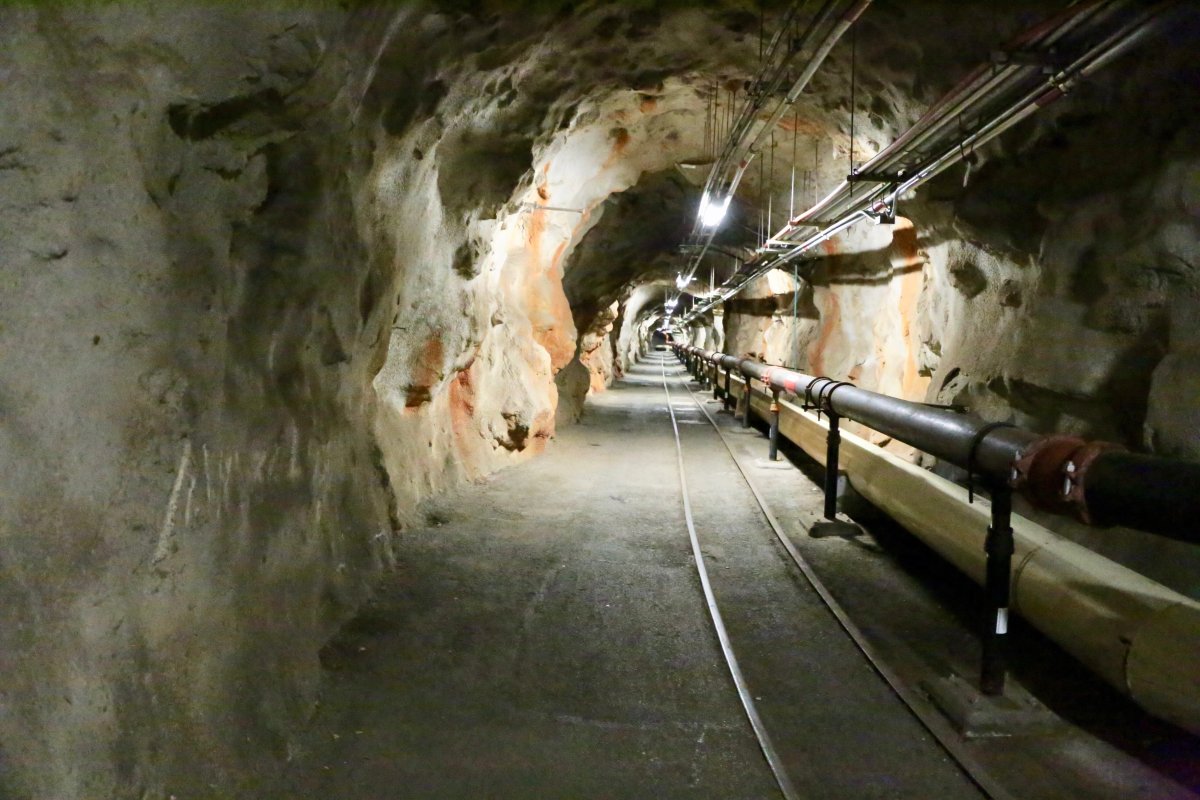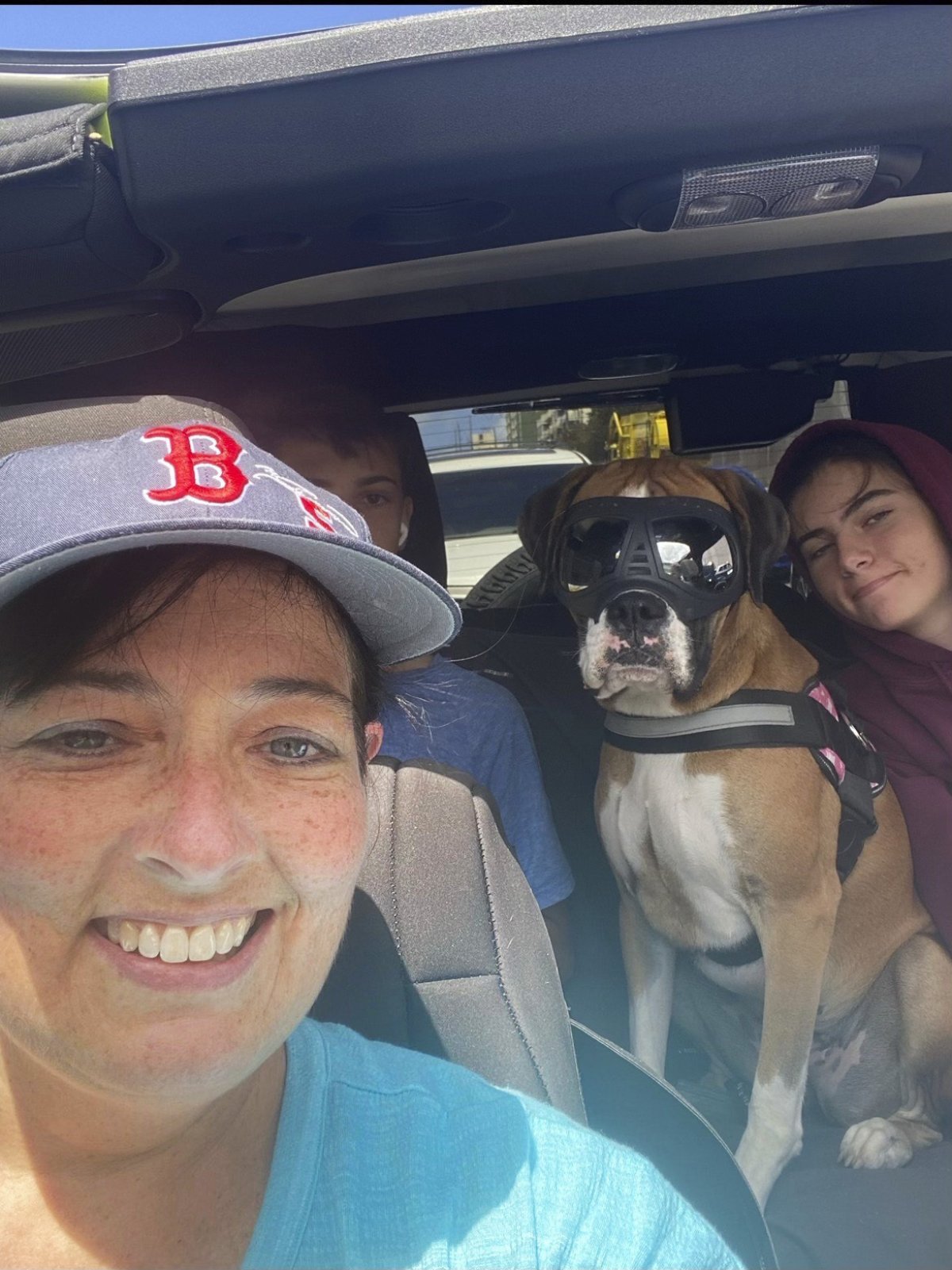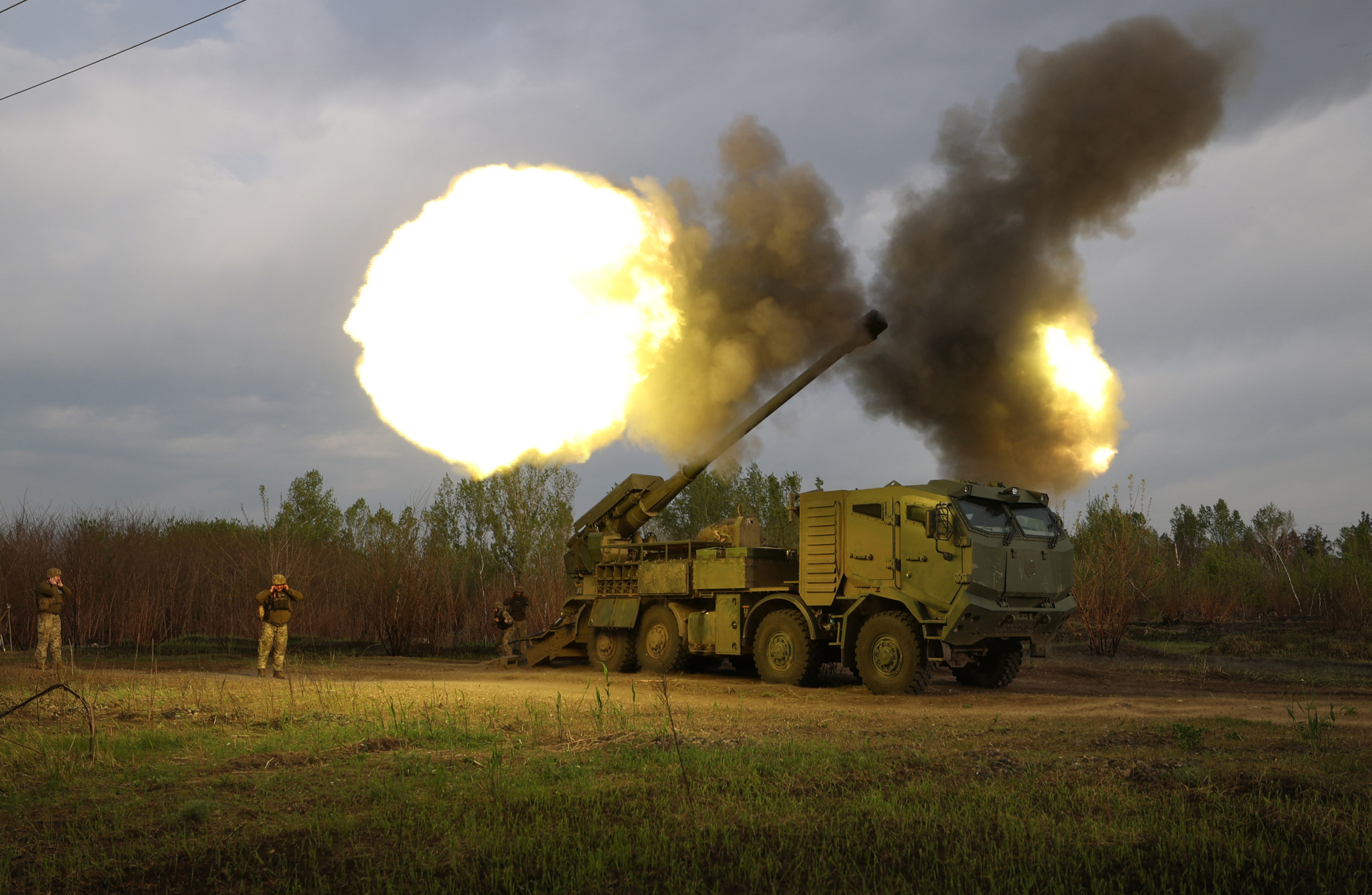Military families near Pearl Harbor have found themselves unable to drink or use tap water after the Navy's water system was contaminated with petroleum, the Associated Press reported. The Navy said that it had received complaints from 680 Navy homes and 270 Army homes that noticed a fuel odor or physical side effects of consuming water from its system, which serves about 93,000 people total.
One of those families was that of Cheri Burness, who said that she began experiencing stomach cramps, her 12-year-old became nauseated and the family dog started refusing to drink the tap water altogether.
"It was just getting worse every day," said Burness, whose husband serves in the Navy.
The Navy said on November 22 that a mixture of water and fuel had managed to enter a fire suppression system drain line in a tunnel at the Red Hill Fuel Storage Facility located a couple of miles from Pearl Harbor, the AP reported. Roughly 14,000 gallons of the water and fuel mixture were removed, but the fluid had not seeped into the environment, the Navy said.
But the Navy disclosed Thursday that petroleum was detected in the Red Hill well, which connects to an aquifer near the base. Rear Admiral Blake Converse, deputy commander of the Pacific Fleet, said during a town hall meeting that use of the well, the one closest to military family housing areas impacted by the contaminated water, was halted Sunday, according to the AP.
For more reporting from the Associated Press, see below:

The problems have afflicted one of the most important Navy bases in the world, home to submarines, ships and the commander of U.S. forces in the Indo-Pacific region. The issues may even threaten one of Honolulu's most important aquifers and water sources.
Converse said the Navy will flush clean water through its distribution system to clear residual petroleum products from the water. The process, followed by testing to make sure the water meets Environmental Protection Agency drinking standards, could take four to 10 days, he said.
The Navy will also investigate how contaminants got into the well and fix it, he said.
In the days after Thanksgiving, Burness's daughter felt so sick she didn't want to eat any leftovers, including potatoes, turnips and carrots that had been boiled in water.
"'I don't want you to have to throw out food because I know it's expensive, but I can't eat this Mom,'" Burness said her daughter told her.
On Sunday, Burness started seeing comments on social media from military families saying their tap water smelled like fuel. She didn't smell it, but people told her to turn on her hot water and check. She did and smelled it too.
She told her family not to drink the water and not to wash their hair and face with it. She ordered private water delivery for $120 a month. The family has mostly been eating off of plastic and paper plates and eating out.
On Monday, when she gave her dog some bottled water, he immediately drank a full liter's worth and then drank two more liters over the next 12 hours.
The Navy has since starting distributing bottled water and said Marines would set up showers and laundry facilities connected to clean water.
The Army said it would help affected families move into hotels or new homes and the Navy is working on a similar program. The Navy is also setting up dedicated medical clinics.
Burness said her stomach cramps are about 85 percent better, but not over. Her daughter's nausea has improved. But they are both now complaining of breathing issues.
Burness has been frustrated with the Navy's response, which she believes has been dismissive of families' concerns. She pointed to a Monday email from the commander of Joint Base Pearl Harbor-Hickam that told residents the Navy was testing water samples but it had no immediate indication the water wasn't safe. His email said he and his staff were drinking the water.
"All they had to do was say; 'We see that there's a problem, we don't know what it is and we're going to do whatever it takes to find out and fix it.' That's all they had to do. And instead, we got: 'Nope. Looks good. Smells fine. Bye,'" Burness said.
Navy Region Hawaii, which oversees all Navy installations in the state, said the commander's email was sent when "numbers of concerns were still very low."
"Since then, the Navy has aggressively increased sampling, testing, communication to families and others impacted, as well as started response teams of experts to address the issues we all are facing," the command said in a statement.
The November 22 tunnel leak was only the latest involving the Red Hill Fuel Storage Facility, a complex of 20 underground fuel tanks built during World War II. Environmentalists and Honolulu's municipal water utility have expressed concerns about the aging tanks since the Navy disclosed one of them leaked 27,000 gallons (102 kiloliters) in 2014.
The tanks sit 100 feet (30 meters) above an aquifer that supplies about a quarter of the water consumed in Honolulu, prompting concerns that leaks could contaminate one of the city's most crucial water sources. This is the same aquifer tapped by the Red Hill well where the Navy just detected petroleum.
Last month, the Sierra Club of Hawaii and other environmental groups called on the government to shut the tanks down.
Burness said her experience has shaken her confidence in the military. During her decades as a military spouse, she's always believed in doing whatever it takes to support "the mission."
"This has destroyed all of that," she said. "I have zero confidence at this point, and I think this has shown that they cannot be trusted with anything."

Uncommon Knowledge
Newsweek is committed to challenging conventional wisdom and finding connections in the search for common ground.
Newsweek is committed to challenging conventional wisdom and finding connections in the search for common ground.
About the writer
Zoe Strozewski is a Newsweek reporter based in New Jersey. Her focus is reporting on U.S. and global politics. Zoe ... Read more
To read how Newsweek uses AI as a newsroom tool, Click here.






